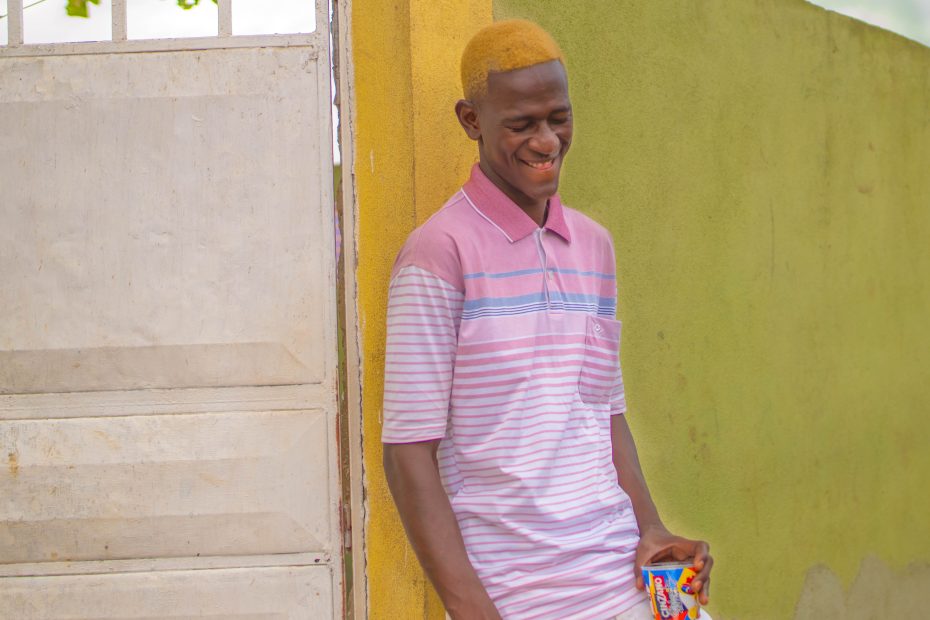Table of Contents
Introduction
Angola is a country located in southwestern Africa with a long and tumultuous history. Despite years of Portuguese colonial rule and a devastating civil war, Angola has managed to retain its vibrant and diverse cultural heritage. Music, dance, food, art and literature all reveal the creativity and resilience of Angola’s people. Let’s take a closer look at the many components that make up Angola’s rich cultural fabric.
Angola’s Diverse Ethnic Groups
Angola is home to a variety of ethnic groups, each with their own unique cultures and traditions. The three largest groups are the Ovimbundu in the central highlands, the Kimbundu in the north and the Bakongo in the far north. Smaller groups include the Chokwe, known for their carved figurines, the Ovambo, skilled at woodcarving and basketry, and the Ganguela fishermen. Although these groups speak different languages, create distinct art forms and have varied rituals, they collectively contribute to Angola’s multilayered heritage.
Traditional Music and Dance
Music is integral to everyday life in Angola. The seductive rhythms of semba and kizomba are among the most famous musical exports. Traditional instruments like the mbira thumb piano, drums and xylophones provide the base for melodic singing. Dancing often accompanies the music, from the martial arts inspired moves of capoeira to the flirtatious steps of the kabetula. Both traditional and modern music preserve cultural pride.
Cuisine
Angolan cuisine reveals influences from native cookery and Portuguese colonial interactions. Staple ingredients include funge (cassava paste), beans, rice and fish. Dishes like moamba de galinha (chicken with palm oil) demonstrate local flair. Portuguese innovations like piri piri sauce and baked goods are also common. Each region puts its own spin on classics, ranging from spicy stews to palm wine.
Handicrafts
Artisans throughout Angola practice a wide range of handicrafts that highlight cultural aesthetics. The Chokwe are renowned for their carved wooden statues representing ancestors. The Ovambo create finely woven baskets as well as delicately carved wooden utensils. Pottery, made from clay found near rivers, comes in many sizes and functions. Angolans are also skilled metal workers, forging iron tools, weapons and decorative pieces.
Architecture
Traditional Angolan architecture varies across the country’s diverse landscape. The Mbunda people build wood and brick houses decorated with geometric patterns. European influences are seen in the Portuguese colonial administrative buildings, churches and fortresses found in cities. These historic sites represent Angola’s complex past under foreign rule. Modern urban architecture also fuses African and European sensibilities.
Religion
Christianity is the dominant religion, introduced by the Portuguese. However, traditional African religions recognizing ancestral spirits and nature deities have endured. Many Angolans blend both systems, praying to Christian God and making offerings to African spirits. The Ovimbundu rely on religious leaders to communicate with the spirit world. Diverse religious practices unite the living and the dead.
Languages
Although Portuguese is the official language, many native African languages are also spoken. The most widely used are Kimbundu, Umbundu and Kikongo, belonging to the Bantu family. However, regional dialects vary greatly across ethnic groups. This linguistic diversity stems from ancient African kingdoms and trade routes and remains an important emblem of cultural identity.
Arts and Literature
Artistic expression in Angola draws on both traditional and contemporary influences. Oral storytelling preserves ancient myths and history. Modern musical movements fuse old and new sounds. Writers like José Luandino Vieira convey anticolonial ideas, while artists like Antonio Ole exhibit postcolonial realities. The everyday craftwork of rural Angolans also reveals an aesthetic vision.
Sports and Recreation
For many Angolans, football (soccer) is a national obsession, and games between top teams arouse fierce passions. Jogging, cycling and working out at outdoor gyms in urban areas are also popular fitness activities. Traditional sports wrestling and racing competitions still occur in some rural communities. Regardless of demographics, sports unite Angolans across the country.
Conclusion
From ethnic diversity to artistic pursuits, Angola’s culture is infused with creativity, resilience and pride. Centuries of history have shaped a rich national heritage that unites the country’s disparate groups. Music, food, language and handicrafts all provide outlets for Angolans to celebrate their distinctive regional and ethnic identities within a broader national tapestry. Angola’s vibrant culture is sure to endure and continue evolving in the years ahead.
FAQs:
What are some of Angola’s major ethnic groups?
Some of the major ethnic groups in Angola include the Ovimbundu, Kimbundu, Bakongo, Chokwe, Ovambo and Ganguela. Each group has its own language, artistic traditions and cultural practices.
What types of music and dance originated in Angola?
Popular musical genres from Angola include semba and kizomba. Traditional dances include capoeira, inspired by martial arts moves, and the flirtatious kabetula dance. Music and dance play important roles in everyday Angolan life.
What foods and ingredients are central to Angolan cuisine?
Staples of Angolan cuisine include cassava paste, rice, beans, chicken and fish. Palm oil, piri piri hot sauce and Portuguese baked goods are also commonly used due to colonial influence. Regional variations create diverse traditional dishes.
How did Portuguese colonization impact architecture in Angola?
The Portuguese introduced European architectural styles to Angola including administrative buildings, churches and fortresses. These colonial constructions in cities reveal a blended African-European aesthetic that shaped modern Angolan architecture.
What role do traditional African religions still play in Angola?
Though most Angolans today identify as Christians, traditional African religions recognizing ancestors and nature spirits have endured. Many Angolans seamlessly blend Christian practices and African religions in their spiritual lives.
